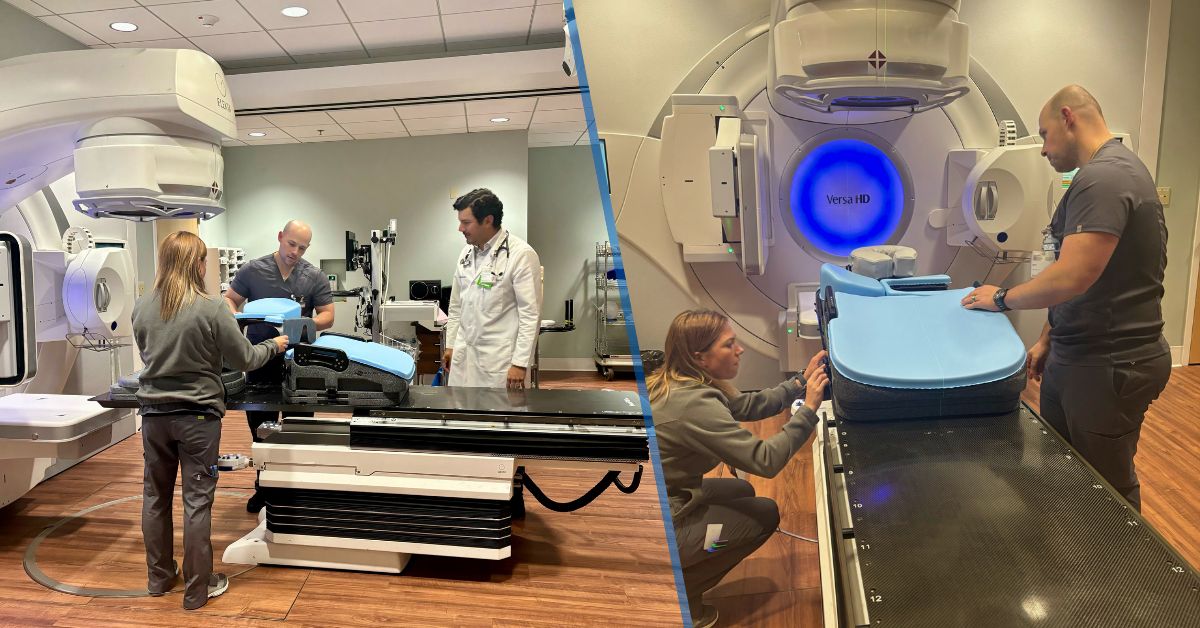How much drinking is considered safe, and other alcohol advice
Dr. Navdeep Kang, Director of Operations for the Behavioral Health Services, Mercy Health psychologist and an Obama Foundation fellow, spoke about alcohol awareness with radio personality Mike McConnell on 700WLW’s Mercy Health Medical Minute podcast.
Mike McConnell: Every month, a floating meter regularly changes public awareness about alcohol safety. Articles come out saying two glasses of red wine are perfect for heart health, and the drink can only be red wine. Another article challenges this opinion and says it must be white wine. Are any of these opinions true?
Dr. Navdeep Kang: There is a lot of disparate information, and it can be hard to make sense of healthy drinking versus unhealthy drinking. Patients often ask, “What seems problematic and what’s diagnosable?” or “When does someone need to go into clinical treatment?” We look at our patients’ lifestyles and see if they cause problems in daily functioning. If it’s hard to fulfill your responsibilities – for instance, you have difficulty waking up in the morning, you have trouble being productive at work or you are no longer close to your family – then you might have a problem.
Mike McConnell: Let’s look at it from a broader view. One person. Am I better off drinking or not drinking throughout my life?
Dr. Navdeep Kang: Generally, everything in moderation is better. There are studies that suggest red wine is heart healthy, but only in moderation. We’re talking about one four-ounce glass of wine or one five-ounce glass of wine. That’s different from today’s wine glasses where you can practically pour one full bottle in a single glass. Even in restaurants, the standard size options are six or nine ounces.
Mike McConnell: It seems to me that beer and liquor make you put on the pounds. Do you have any advice?
Dr. Navdeep Kang: Calories are calories. From the viewpoint of someone who counts grams for carbohydrates, fats or proteins, a gram of alcohol contains seven calories. That’s the same regardless of the alcohol form, because concentration makes the real difference. Beer is variable nowadays, where it used to be four percent concentration. We now have these double IPAs that range up to ten percent concentration. Liquor is even more concentrated. An ounce and a half of liquor has the same concentration as the traditional 12-ounce beer. This impacts how you metabolize and feel after consuming beverages.
Mike McConnell: In one week, what are the recommended healthy amounts for average sized males and females? How much should they drink and how can they moderate intake?
Dr. Navdeep Kang: The recommended amount for men is 14 drinks, so two per day. Women should have no more than seven drinks a week, so one per day. One drink is considered an ounce and a half of liquor, a five-ounce glass of wine or a traditional 12-ounce glass of beer. You need to do some math to figure out how much you’ve consumed.
Mike McConnell: As far as a drinking problem, I know people who have been hospitalized and when through withdrawal symptoms. Does the intake quantity vary between person to person or is there a certain amount of alcohol you must drink per week to reach this point?
Dr. Navdeep Kang: Each person reacts differently to alcohol. For the general rule of thumb, if you are consistently drinking a large amount – more than we’ve discussed when it comes to 14 drinks for men and seven drinks for women – your body develops a tolerance to it. If you have a family history related to alcohol complications or withdrawal symptoms, you’re putting yourself at risk for having similar outcomes.
Mike McConnell: When it comes to drinking, I’ve also noticed variances in behavior. Some people get wild when they have enough alcohol while others become mellow. Does your personality have an impact?
Dr. Navdeep Kang: Alcohol and other substances are disinhibitors. This means they take away the behavioral checks you normally have. It makes you a magnified version of yourself without the social norms or graces. If you are internally free-spirited but control that side while sober, then concentrated amounts of alcohol or liquor will exaggerate these tendencies.
Mike McConnell: Thought processes also seem different for addiction recovery, whether that be through the AA or other programs. Some say a person can drink moderately – one or two drinks. Others hear they can never have a single drink for the rest of their lives. That sounds an impossible goal while saying people can drink less seems more achievable. But can that lead to regression?
Dr. Navdeep Kang: Addiction is viewed as a chronic disease; it must be comprehensively managed. Telling someone not to do something is usually ineffective. People who drink a little in moderation are really doing it as a last grasp for a solution. “Nature hates a vacuum.” This means that when you tell someone not to do something, they can achieve that action only during a short period of time before falling back to the old habit. You really need a directive on what to do. Focus on stopping the habit and adding healthy activities into your lifestyle. Replace that drinking time with exercise, bonding moments with family, leisure, etc. You must fill the bad habit with an enjoyable one. Otherwise, if you have an empty vacuum, it will refill itself.
Mike McConnell: What treatments are available and are they usually covered by insurance?
Dr. Navdeep Kang: Yes, insurance does comprehensibly cover treatment. Interventions – those things you see on television shows – do not have a good record for effectiveness. We do not recommend starting one for a friend or family member. Such experiences create a wall separating collaboration. There are many different types of treatment. For someone in the hospital who might have complicated alcohol withdrawal or other medical conditions, Mercy Health employees practice compassionate withdrawal management. We have formed the Addiction Treatment Collaborative with 14 treatment providers in Cincinnati who can do outpatient treatment and take all sorts of insurance. You can schedule an appointment on the same day of the call or the following day. Overall, remember we are discussing a chronic disease – we stabilize the setting and do long-term outpatient treatment.
Tune into the Mercy Health Medical Minute on 700WLW AM at 7:45 a.m. Monday-Friday. Each week, Mercy Health experts share their medical interests and insights. To be connected with a physician, click here.






